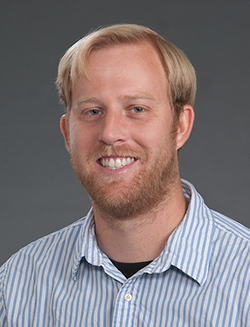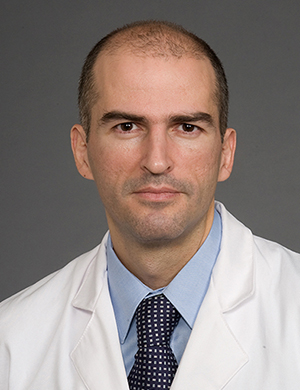Scientists at the Wake Forest Institute for Regenerative Medicine (WFIRM) have developed a process that could change the way cancer of the appendix is treated.
 WFIRM researchers worked with colleagues from surgical oncology at Wake Forest Baptist Health to create a patient-specific tumor organoid model to identify the most effective treatment for each tumor. Organoids are miniaturized and simplified versions of an organ that are derived from stem cells.
WFIRM researchers worked with colleagues from surgical oncology at Wake Forest Baptist Health to create a patient-specific tumor organoid model to identify the most effective treatment for each tumor. Organoids are miniaturized and simplified versions of an organ that are derived from stem cells.
Appendix cancer is rare, affecting only 1 in 100,000 people, and every patient responds differently to the many chemotherapy treatments available.
“There’s a variable response to the same sets of drugs across patients, so they do typically respond to a drug. We just need the right one,” said Aleksander Skardal, PhD, associate professor of regenerative medicine who was lead investigator along with Konstantinos Votanopoulos, MD, PhD.
Researchers created tumor organoids successfully for nine out of 12 patients, an impressive result for an early stage investigation. The study suggests that the organoid model can accurately represent what occurs inside a patient’s body and may be useful in selecting the most effective chemotherapy treatment.
 “Organoid technology can be a game-changer in cancer patient care,” Votanopoulos said. “The way cancer is treated has improved over the years, but in general, we are still treating patients based on statistics, and not based on individual signatures of their cancer. We now have the capability to test drug responses of a patient’s own tumor cells in the lab prior to administering chemotherapies, or even immunotherapies, clinically.”
“Organoid technology can be a game-changer in cancer patient care,” Votanopoulos said. “The way cancer is treated has improved over the years, but in general, we are still treating patients based on statistics, and not based on individual signatures of their cancer. We now have the capability to test drug responses of a patient’s own tumor cells in the lab prior to administering chemotherapies, or even immunotherapies, clinically.”
Their results were published in the Annals of Surgical Oncology.
Read the news release.
Research Funding
Research reported was supported by the following grant from the National Institutes of Health (NIH):
First-ever Model Developed for Patient-specific Treatment of Appendix Cancer: A Wake Forest Clinical and Translational Science Institute Pilot Award (NIH UL1 TR001420); also internal funding from the Comprehensive Cancer Center at Wake Forest Baptist Health.
